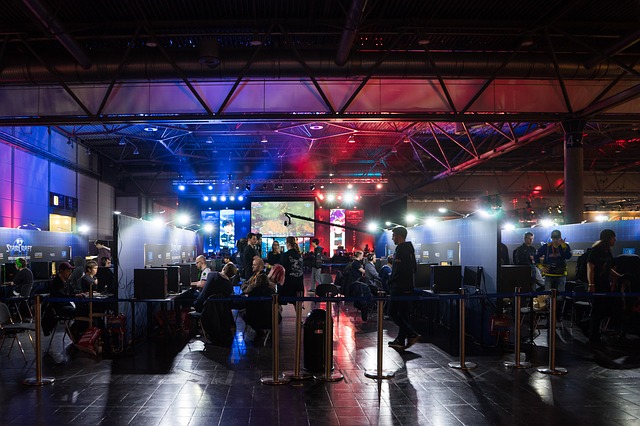The Rise of Hybrid Games: Are We Really Moving To a World of Blending?

People of a certain generation and age will remember the amazing game Alex the Kidd on 1988’s Sega Mega Drive, a console that shifted 29 million units worldwide. Mention of this game may well cause members of the current generation of gamers to shrug their shoulders wondering what exactly it is, but those who remember the game fondly will recall all too well how it seamlessly blended the game “rock, paper, scissors” with the world of adventure gaming and exploring.
In its own way, this method of blending action games with quests can now be viewed as a very, very early prototype for some of the later RPG games. Perhaps its more interesting legacy if we’re looking even further back is the fact that the game of rock, paper, and scissors has a gambling foundation behind it (with people betting on themselves to win the outcome of a round of the game), arguably deserving to be viewed as one of the simplest and earliest hybrid gambling games.
Battlejack Leads the Charge
In truth, the world of the hybrid game is one that is only really starting to get going, despite the fact that the Alex the Kidd game stems from the 1990s (in fact, it was released in 1989 in Japan and North America). More recently, though, the internet has been instrumental in driving forward the world of the hybrid, expanding hybrid gaming.
https://twitter.com/iOSGods/status/909818323730386946
The best recent example of a hybrid game comes in the form of Battlejack, a game that has proved seriously popular since its release. This game blends the thrill of a battle with an element of luck to create a game that has the potential to appeal to a wide audience. It’s perfect for all levels of gamer; from the casual gamer who enjoys the thrill of competition, to fans of the card game who’ll apply the rules of blackjack to the battles – like estimating when to hit and when to stand in order to avoid going over 21. Nexon managed to see the game earn a 4-star ranking on iTunes and recently earned over $50k in revenue, so the game has certainly paid off for its creators so far, and it will be interesting to see if iGaming developers like Microgaming, Playtech and even more traditional gaming companies like EA will jump on this bandwagon of hybrid/blending success.
A Learning World or a World Where Trends Triumph?
In a world where the gaming trend seems to be moving towards quick, pick up and play style mobile games, letting professionals get on with the big gaming tournaments in eSports format and letting us watch their top level console and PC gaming skills, the ability to learn from gaming trends could be key for the wider world of gaming as it looks to create a blend that appeals to the widest possible audience.
Indeed, the evolution of gaming has shown us that normally the key for progression lies in helping to move technology forward and creating ever more impressive technological advances. However, iGaming might just be showing us that this isn’t always the case. With a global revenue that is very much on the increase and is expected to hit $96.89billion by the end of 2024, this has largely been achieved not by pumping money into the likes of Oculus VR headsets, but by making games fun, easy to play on a range of devices, and incorporating an element of sociability.

While of course the likes of Apple and the developers of Pokemon Go have highlighted and looked to capitalize upon the world of augmented reality (literally blending the real world with the virtual world), the truth is that gamers don’t always care as much about graphics as they do about the actual playability of a game.
Let’s Keep It Fun
Should the blending trend continue with games, perhaps not to extremes of NFL video games mixing with NHL video games, or other similarly overly quirky examples, we can let those who love their techy fun go off and do it in creative new ways. In the meantime, if games like Battlejack, which has put a focus again on cheats in gaming, Valkyria Chronicles (which mixes turn-based RPG gaming with third-person shooter fun), and Henry Hatsworth in the Puzzling Adventure (where action meets puzzling) continue to be released, we will be able to see that new and innovative ways of gaming don’t always need shiny new pieces of tech to make them popular; just the will to make them fun.
Indeed, with retro gaming still very much “in” (exemplified by the huge success of the NES Classic release and the return of Atari), who’s to say that a bingo-hybrid game can’t show a new generation the fun of bingo when – for example – mixed with a GTA-style game!




